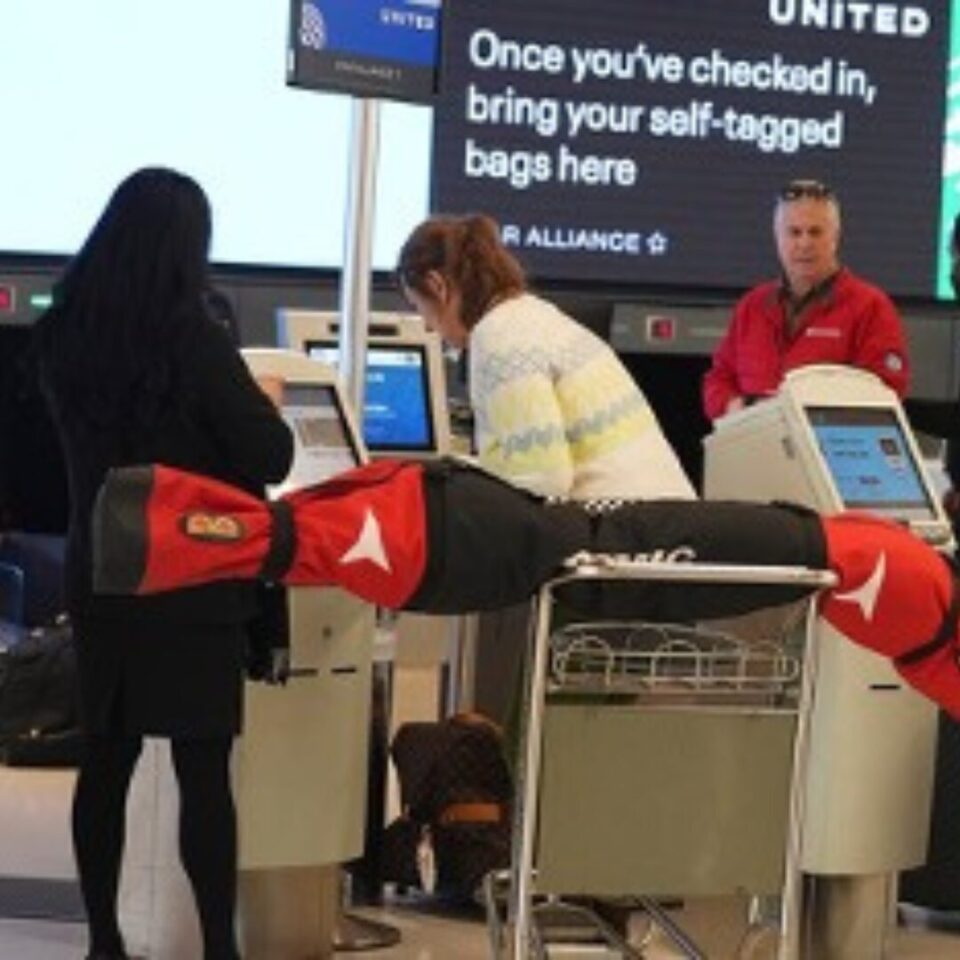Travel Assistance Services: Ensuring Safety for Global Travelers
Discover how travel assistance services ensure safety and support for global travelers with medical, security, and travel aid.

In a world where global travel is more accessible than ever, ensuring personal safety and preparedness has become paramount.
Travel assistance services have emerged as a lifeline for travelers navigating unfamiliar territories, offering essential support when unforeseen challenges arise. Whether it’s a medical emergency, a lost passport, or navigating political unrest, these services ensure that travelers can focus on their journey rather than the risks.
What Are Travel Assistance Services?
Travel assistance services are comprehensive programs designed to support travelers before, during, and after their trips. These services encompass medical, logistical, and security assistance tailored to meet individual needs. From arranging emergency evacuations to providing real-time travel updates, they act as a safety net for travelers.
For example, a traveler stuck in a foreign country due to political unrest can rely on their travel assistance provider for evacuation arrangements. Similarly, those who fall ill can quickly find appropriate medical facilities through these services, ensuring timely care.
Importance of Travel Assistance Services in Today’s World
The modern travel landscape is fraught with uncertainties. From sudden health crises like pandemics to natural disasters and geopolitical instabilities, the risks are real. Travel assistance services bridge the gap between unexpected challenges and effective solutions, allowing travelers to explore with peace of mind.
Moreover, these services are crucial for those venturing to remote destinations, where access to immediate help is limited. Knowing that expert assistance is just a call away can make all the difference in a critical moment.
Key Features of Travel Assistance Services
Medical Assistance
One of the most vital components of travel assistance services is medical assistance. These services include:
- Emergency medical evacuation: Arranging transport to the nearest suitable medical facility.
- Referrals and access: Helping travelers find accredited doctors, clinics, and hospitals.
- Medication replacement: Assisting in sourcing necessary medicines when lost or unavailable.
Security Assistance
In cases of political instability, natural disasters, or other crises, security assistance services provide:
- Emergency evacuation: Ensuring safe passage from high-risk zones.
- Real-time updates: Offering guidance on how to stay safe during emergencies.
Travel Coordination
Unforeseen disruptions are part of travel. Assistance services step in to handle:
- Flight cancellations and rebookings: Ensuring minimal disruption.
- Lost documents: Helping replace essential papers like passports.
Benefits of Using Travel Assistance Services
The advantages of travel assistance services are immense:
- Financial safety: These services can save you from exorbitant costs, especially in emergencies like medical evacuations.
- 24/7 accessibility: Support is available anytime, ensuring help is always at hand.
- Tailored plans: Services can be customized based on travel needs, whether for leisure, business, or specific requirements.
Travel Assistance Services for Different Types of Travelers
Business Travelers
For corporate travelers, time and efficiency are paramount. Travel assistance services help ensure smooth trips by managing unforeseen disruptions like missed flights or delayed meetings. Additionally, companies often use these services to ensure employee safety during trips to high-risk regions, offering security briefings and emergency evacuation plans.
Leisure Travelers
Whether you’re exploring a new city, enjoying a family vacation, or backpacking solo, travel assistance services cater to all. They provide support for situations like getting sick abroad, losing luggage, or handling natural disasters. For leisure travelers, having access to local experts who understand the culture and language can turn potential crises into manageable situations.
Seniors and Special Needs Travelers
Traveling with specific medical or mobility requirements can be challenging. Travel assistance services provide customized care, such as arranging wheelchairs, offering medical escorts, and providing detailed plans for medication management. Seniors benefit greatly from having reliable support while navigating health issues or emergencies abroad.
Role of Technology in Modern Travel Assistance Services
Technology has revolutionized travel assistance services, making them more efficient and user-friendly.
- Mobile Apps: Many providers now offer apps that allow travelers to access services on the go, such as filing claims, getting real-time alerts, or finding nearby assistance centers.
- AI and Predictive Analytics: Providers use AI to anticipate risks and offer preemptive solutions. For example, if a hurricane is forecast in your destination, you might receive proactive advice or alternative travel plans.
- Real-Time Communication: Features like GPS tracking and instant chat with representatives have made accessing help quicker and easier.
How to Choose the Right Travel Assistance Service
Finding the right service depends on your specific needs. Here are some tips:
- Evaluate your travel plans: Are you traveling to a high-risk area or embarking on a luxury cruise? The right service will align with your itinerary.
- Understand the coverage: Ensure the plan includes medical emergencies, security assistance, and travel coordination.
- Compare pricing: Some plans may seem expensive but offer comprehensive benefits. Balance cost against value.
- Check reviews: Research customer experiences to gauge reliability.
Common Misconceptions About Travel Assistance Services
“I Don’t Need It; I’m a Seasoned Traveler.”
Even the most experienced traveler can face unexpected situations. Expertise doesn’t eliminate risks; it only highlights the need for reliable support systems.
“It’s Too Expensive.”
While there’s a cost associated with travel assistance, the financial burden of handling emergencies without support often outweighs the price of a plan.
“My Regular Travel Insurance Covers Everything.”
Travel insurance and assistance services often complement each other. Insurance helps with reimbursements, while assistance provides real-time help in emergencies.
Tips for Maximizing Your Travel Assistance Plan
- Keep Emergency Contacts Handy: Save the provider’s hotline on your phone.
- Understand Policy Details: Familiarize yourself with what’s covered to avoid surprises.
- Carry Documents: Have digital and physical copies of your travel assistance details.
- Use the App: Many providers offer mobile apps for easy access to help and alerts.
- Update Your Plan Regularly: Ensure your assistance plan matches your evolving travel habits.
Conclusion
Travel assistance services are an invaluable resource for modern travelers. They provide a safety net in an unpredictable world, ensuring that you can focus on enjoying your journey. From medical emergencies to security evacuations, these services bring peace of mind, making them a must-have for anyone planning a trip.
Whether you’re a business traveler, an adventurer, or someone exploring leisurely, having travel assistance can turn potentially disastrous situations into manageable events. Take the time to research and invest in a service that fits your needs, and you’ll be ready for whatever comes your way.
FAQs
What’s the difference between travel insurance and travel assistance services?
Travel insurance provides financial reimbursement, while travel assistance offers real-time support like medical evacuation or lost passport help.
Can I use travel assistance services for domestic travel?
Yes, many providers offer support for domestic trips, especially for emergencies like health crises or natural disasters.
How do I contact my travel assistance provider during an emergency?
Most providers offer 24/7 hotlines and mobile apps for easy communication, no matter where you are.
Not all plans are subsidy-eligible. Subsidies depend on your income and family size. You can check eligibility during the application process on the government marketplace website.




